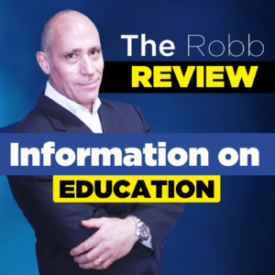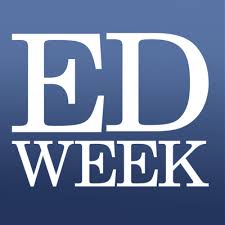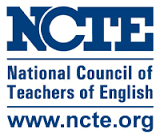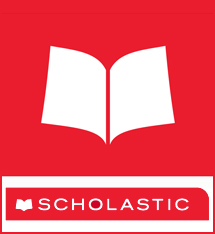Several years ago I was working in a school district in southern Virginia and one experience still replays in my mind. I collaborated with a special education teacher engaging seven students in guided reading. Her materials were eight or sixteen-page books she downloaded and put together—poorly written and illustrated texts that bored students. The district had put all their money into a basal program with downloadable texts for guided and independent reading; there was no extra money for real books—beautifully written and illustrated books.
Here’s the question to ponder: Why do school districts spend hundreds of thousands of dollars for basal reading programs? When scores on state tests are low, it’s tempting for districts to turn to programs making seductive promises such as: faithfully implement all parts of this program and test scores will rise. Grade level programs can’t help children reading three or more years below a specific grade. Moreover, they also don’t support students reading above grade level improve because in the program these students read at their independent level. Unfortunately, when students’ reading performance on annual high stakes tests define a school district’s and a state’s success, the quest for the magic bullet begins.
Charlotte Huck, a champion of using the finest children’s literature for reading said: ”We don’t achieve literacy and then give children literature; we achieve literacy through literature.” Not only do children learn to read with outstanding books, but such books are often their first introduction to art and visual literacy—incredible illustrations and photographs. Children deserve books that help them make sense of their world, that show them how others have struggled as they struggle now, that use stories to transmit diverse heritages and cultures from one generation to the next, that invite children to reread beloved parts and share these with friends.
Fifteen Reasons Why Children Deserve the Best Books
By offering students outstanding literature, you can:
- Nurture their hearts and minds and bond them to books that compel them to reread and share with others.
- Change their thinking on a topic a culture, and different lifestyles by using story to construct understanding.
- Boost imagination and creativity using beautifully written books that enable readers to visualize.
- Expand experiences and knowledge about the world providing books on a wide-range of topics.
- Take us into the past, present, and future so we can better understand past and present worlds and imagine the future.
- Build visual literacy so students can make meaning from an illustration, photograph, or diagram.
- Stir meaningful student-led discussions encouraging readers to raise their own questions and move beyond literal to inferred meanings.
- Tell the stories of diverse cultures and enable students to develop tolerance and compassion.
- Enlarge vocabulary, for the more students read, the more they see and understand words used in diverse contexts. Vocabulary is comprehension!
- Introduce and develop a knowledge of literary language so students can understand complex sentences and appreciate figurative language.
- Improve stamina and concentration through sustained silent reading of self-selected books.
- Develop emotional intelligence and empathy through the ability to walk in a character’s shoes and understand life as he or she lives it.
- Offer readers hope because even the darkest books hold out hope and stimulate a desire to solve challenging problems in the world.
- Develop literary tastes because students, not programs or teachers, choose books.
- Show students books are excellent entertainment by reading aloud adding entertaining books to class libraries.
Reminders
Remember, letting students self-select books invests them in the reading. Remember, volume of reading matters, and enlarging classroom libraries means students have, as one of my eighth graders stated, “books at their fingertips.” Remember, your responsibility is to teach every child to read well and cultivate each child’s personal reading life. You can engage and motivate students to read, read, read when you provide the opportunity and the finest books!
Follow Laura on Twitter @LRobbTeacher
Laura has written many excellent books! Give this one a try. 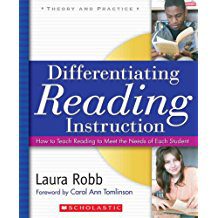
Check out our podcasts, The Robb Review Podcast.
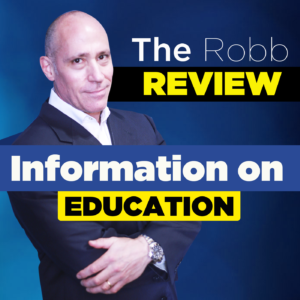
![]()








